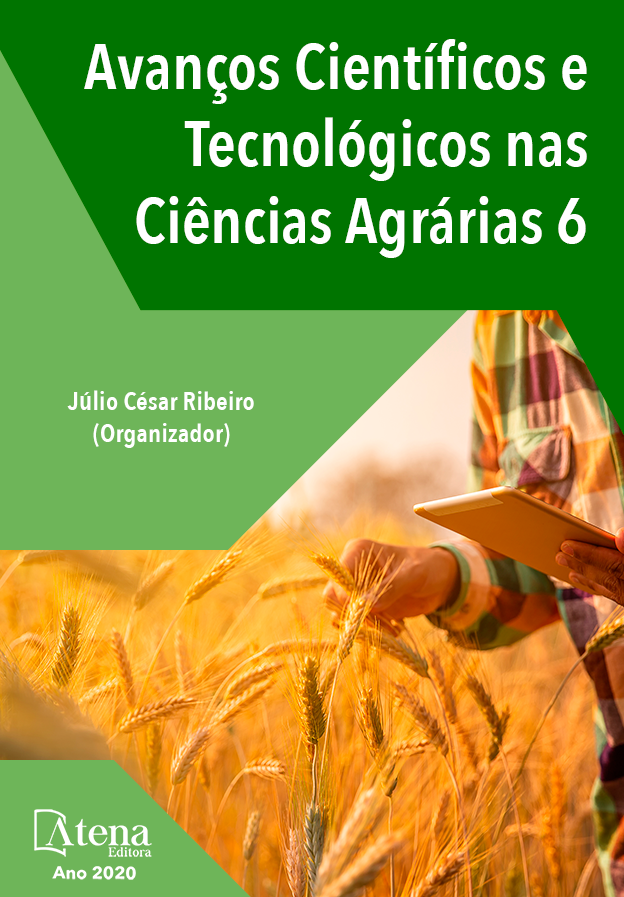
CIRCUITOS CURTOS DE COMERCIALIZAÇÃO DA AGRICULTURA FAMILIAR: Estudo de Campo de uma Cooperativa intermediadora
A agricultura familiar compõe um grupo de agricultores que através da sustentabilidade, ocupa um importante papel na solução de questões sociais. Com a criação do Ministério do Desenvolvimento Agrário, este grupo teve acesso aos mercados consumidores, e com o propósito de valorizar a produção agrícola familiar, focalizou-se na comercialização com o contato entre produtor e consumidor. O objetivo do artigo é revisar conceitualmente a agricultura familiar e o desenvolvimento rural sustentável, no contexto das cadeias curtas de comercialização e caracterizar a importância da Cooperativa Agroecológica e da Agroindústria Familiar (COPERFAM) localizada no município de Quatro Pontes, PR, quanto a intermediação dos produtos oriundos da agricultura familiar ao Programa Nacional de Alimentação Escolar (PNAE). O estudo caracteriza-se como uma pesquisa descritiva, de caráter exploratório, identificado como um estudo de campo de natureza qualitativa através de uma entrevista semiestruturada
CIRCUITOS CURTOS DE COMERCIALIZAÇÃO DA AGRICULTURA FAMILIAR: Estudo de Campo de uma Cooperativa intermediadora
-
DOI: 10.22533/at.ed.32020290915
-
Palavras-chave: Mercantilização. Redes. Cultura. Negociação. Cooperação
-
Keywords: Mercantilization. Networks. Culture. Negotiation. Cooperation
-
Abstract:
Family farm is a group of farmers who, through sustainability, realize an important role to solving current social issues. Since the creation of the Ministry of Agrarian Development, this group had access to consumer markets, and with the purpose of valorizing family farm production, it was focused on commercialization through direct sales in local markets, facilitating connexion between producer and consumer. Therefore, this research aimed to investigate the short circuits of commercialization to characterize the importance of the Cooperative Agroecological and the Familiar Agroindustry (COPERFAM) located in the city of Quatro Pontes, PR, about the intermediation of products from family farms to the National School Feeding Program (PNAE). The study was exploratory with a cross section without considering the evolution of the data in time. The primary source data was though a semi-structured interview with the president of the cooperative. These data were analyzed by their content descriptively. The results indicated that the role of the intermediary cooperative is important, and the short circuits are ways to transform the eating habits of society.
-
Número de páginas: 20
- Jessica Schwanke
- Vinicius Mattia
- Sandra Maria Coltre
- Aldi Feiden
- Clerio Plein
- Erica Rodrigues


